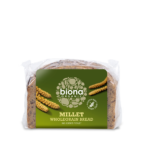



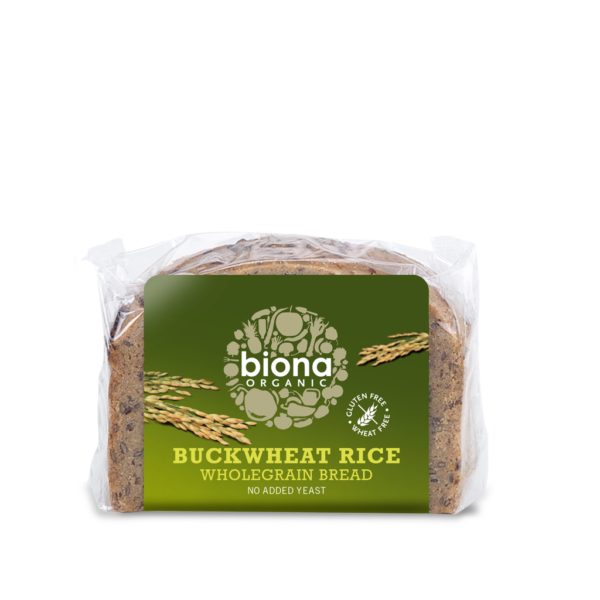
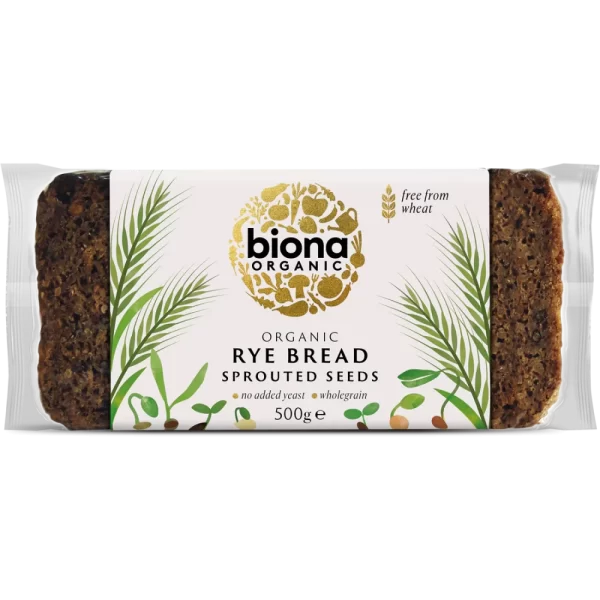
Biona Wholegrain Millet Bread 250g
£3.89 Original price was: £3.89.£3.49Current price is: £3.49.
Millet Bread
Biona Wholegrain Millet bread offers several health benefits and stands out from other types of bread due to its unique nutritional profile and the properties of millet, a naturally gluten-free grain. Here’s why millet bread is beneficial and how it differs from other breads:
### Benefits of Millet Bread:
1. **Gluten-Free**: Millet is naturally gluten-free, making millet bread a great option for those with gluten sensitivities or celiac disease. Unlike wheat-based breads, millet bread can be enjoyed by people who need or prefer to avoid gluten.
2. **High in Fiber**: Millet is rich in dietary fiber, which supports digestion, promotes healthy bowel movements, and helps maintain blood sugar levels. The fiber content can also contribute to a feeling of fullness, aiding in weight management.
3. **Rich in Nutrients**: Millet contains essential vitamins and minerals, including:
– **Magnesium**: Supports heart health and helps regulate blood pressure.
– **Phosphorus**: Important for bone health and cellular repair.
– **B Vitamins**: Vital for energy production and metabolism.
– **Iron**: Crucial for red blood cell production and preventing anemia.
4. **Low Glycemic Index**: Millet has a lower glycemic index compared to refined wheat bread, meaning it can help stabilize blood sugar levels. This makes millet bread a healthier choice for people with diabetes or those looking to avoid blood sugar spikes.
5. **Anti-Inflammatory and Antioxidant Properties**: Millet contains compounds that have antioxidant and anti-inflammatory effects, which may help protect against oxidative stress and reduce the risk of chronic diseases.
6. **Heart Health**: Millet’s high magnesium and fiber content can help lower cholesterol levels, improve circulation, and support overall heart health.
7. **Supports Bone Health**: Millet is a good source of calcium and phosphorus, both of which are essential for strong bones and teeth.
### Differences from Other Breads:
– **Gluten-Free vs. Wheat-Based**: Traditional bread is usually made from wheat or rye, which contain gluten. Millet bread, being gluten-free, provides an alternative for those who cannot tolerate gluten.
– **Nutritional Profile**: Millet has a different set of nutrients compared to refined wheat. It’s richer in certain minerals like magnesium, iron, and calcium, and often lower in simple carbohydrates.
– **Lower Glycemic Index**: Millet bread’s lower glycemic index sets it apart from white or even whole wheat breads, making it a better choice for sustained energy and blood sugar control.
– **Alternative Grains**: While other breads may use wheat or other grains like barley or rye, millet bread incorporates a less commonly used ancient grain that is highly nutritious and digestible.
In summary, millet bread is a nutrient-dense, gluten-free alternative to conventional wheat bread, offering several health benefits including better digestion, heart health support, and more stable blood sugar levels.

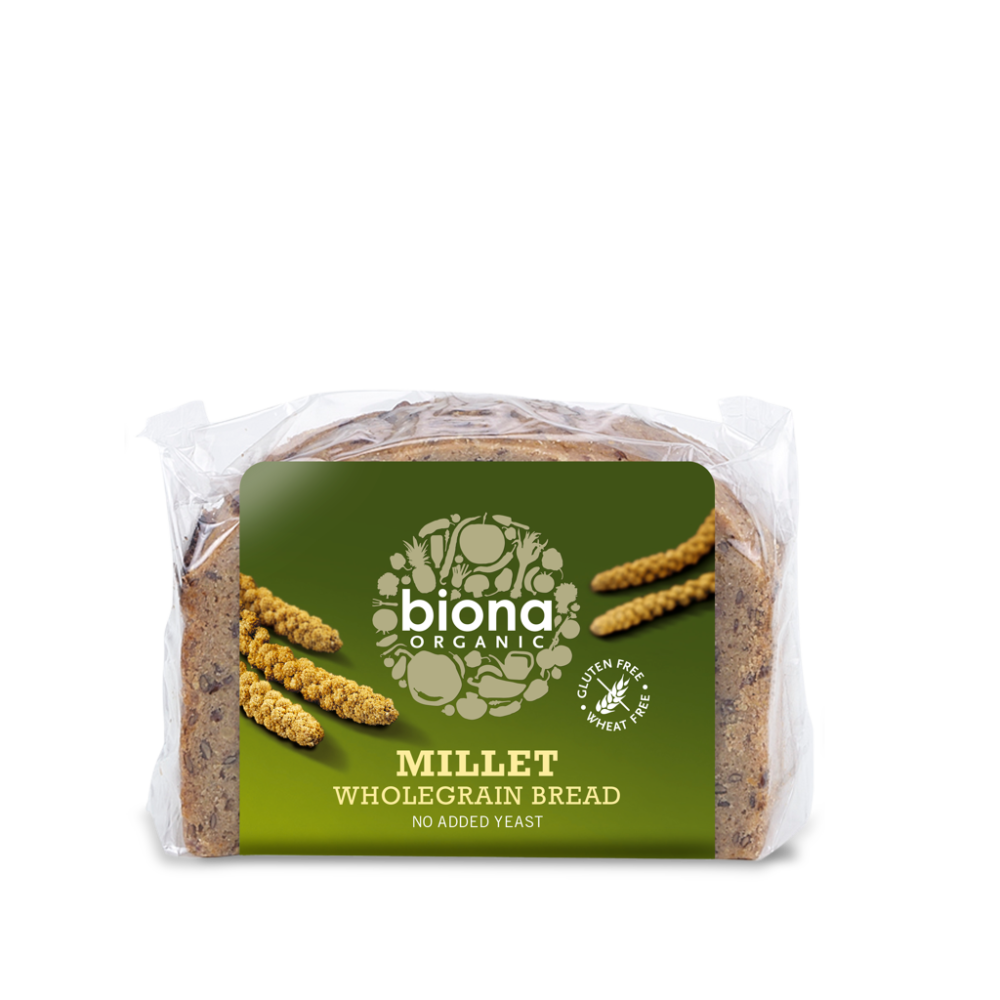


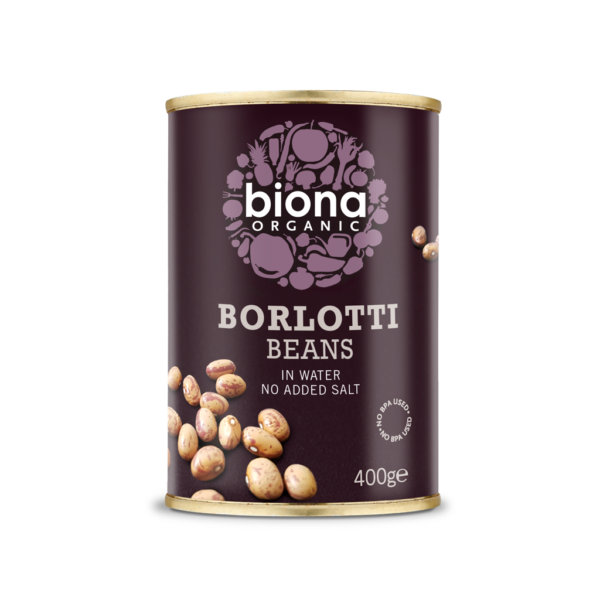
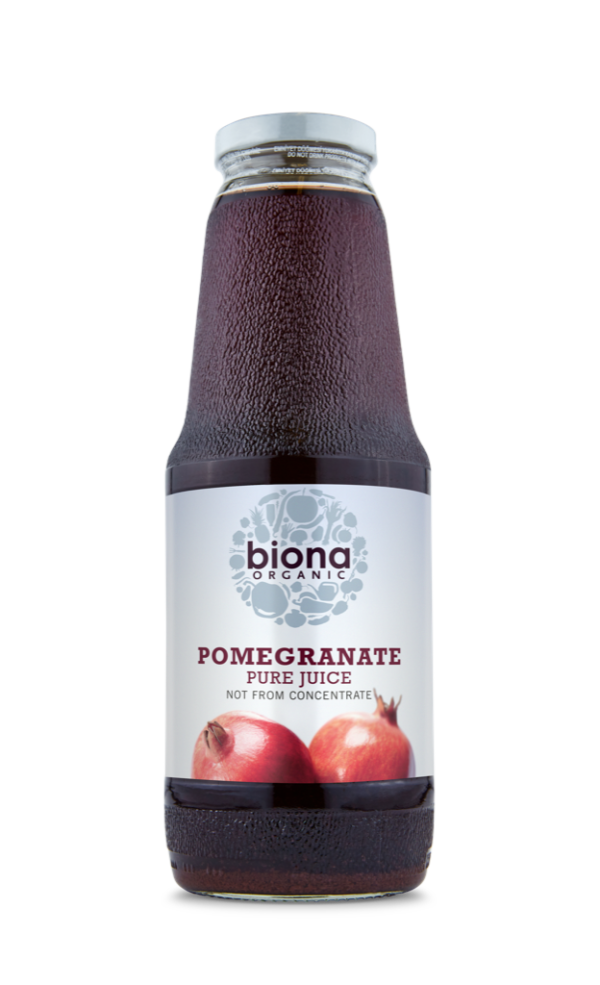
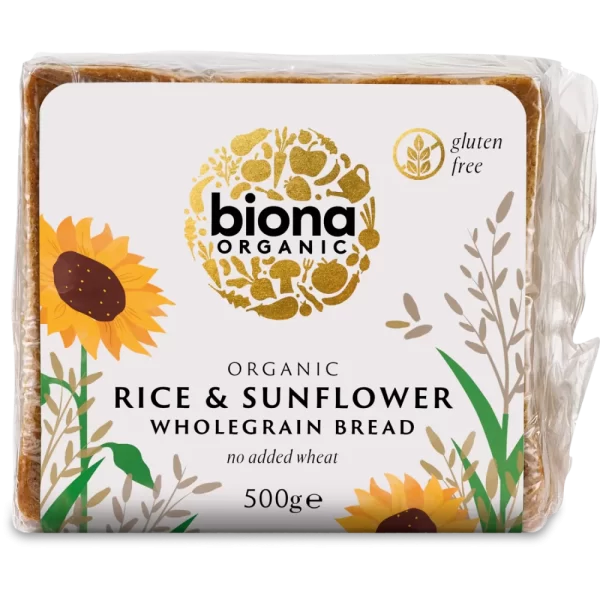
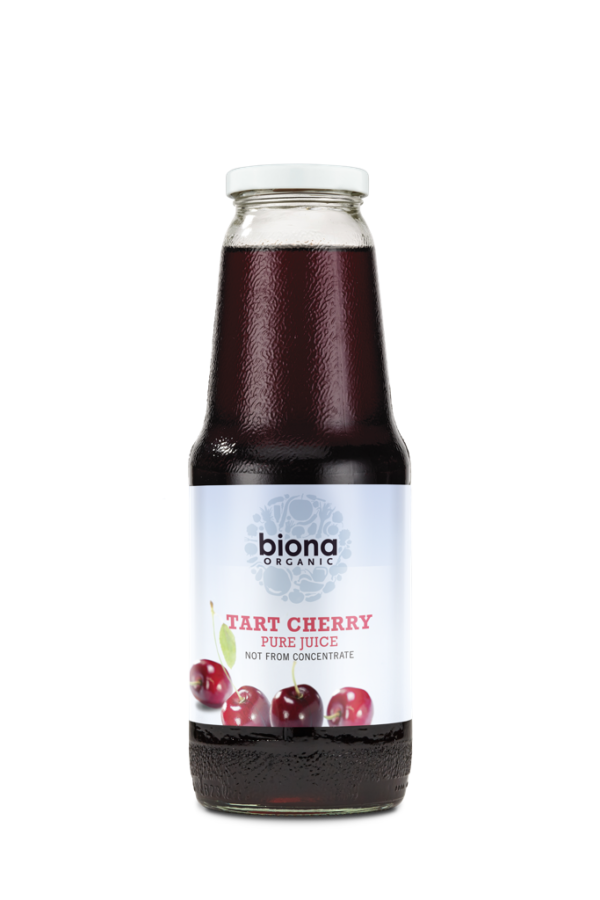

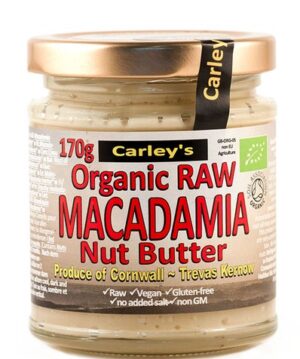
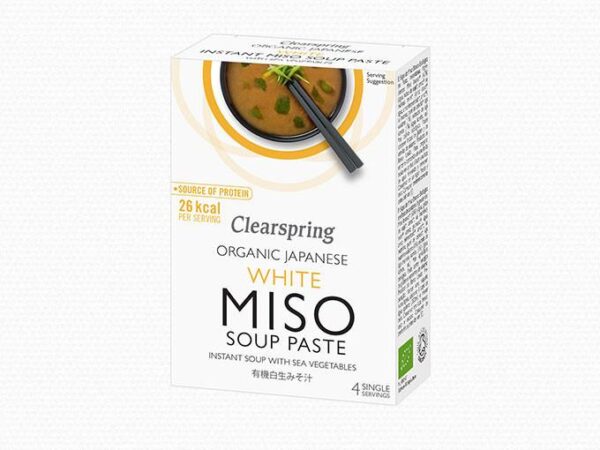





Reviews
There are no reviews yet.